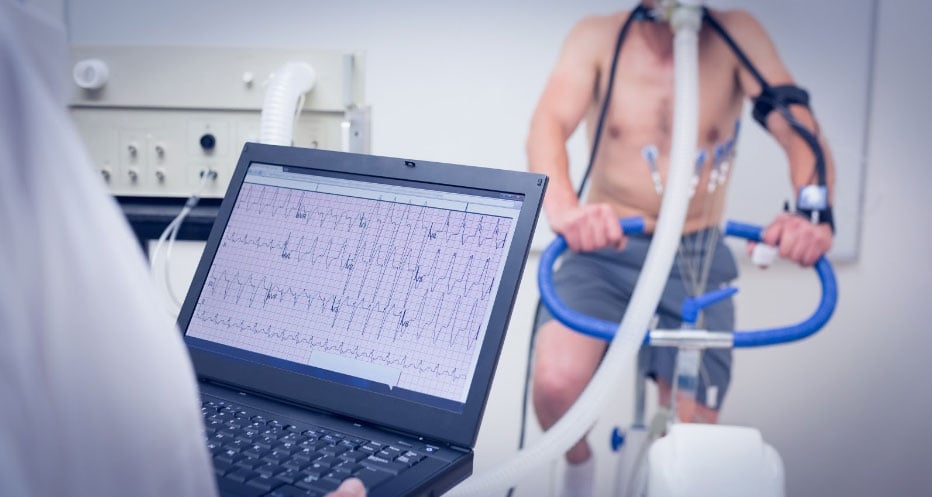Wearable fitness trackers and genetic differences between people can provide sport researchers at the UP ISEMLR with #bigdata to understand and support #healthy, active lifestyles.
ProfMartin Schwellnus, Director of the Institute for Sport, Exercise Medicine and Lifestyle Research (ISEMLR), andDr Jill Borresen, his COO, hope to add a new rigour to sports medicine and lifestyle research. Through the ISEMLR they plan to collaborate widely with different scientific disciplines and focus on data-driven science, which will allow new opportunities for innovation.
The ISEMLR hopes to incorporate three major technological enablers into their research: big data science, sensor technology and genomics technology.
With big data, or data-driven research, the ISEMLR will make data collection an integral part of their work, and use advanced data analysis and developments in machine learning to sift through that data for trends rather than conducting traditional, hypothesis-driven research. Over time this will become an invaluable resource for researchers and health practitioners alike, as data will be collected on every patient that passes through the institute.
Regarding sensor technology, the institute is in discussions with sensor researchers in UP’sFaculty of Engineering, Built Environment and IT (EBIT), in hopes that the recent trend of small, low-powered sensors will lead a revolution in data collection and analysis for sports science. As an example, the ISEMLR is looking at using wearable technology during mass participation sports events, which could then be linked to health outcomes and even predict medical complications.
Finally, the ISEMLR will incorporate genomics technology to better understand sports performance, medical complications and injury recovery. They can do this by looking for genetic variations linked to injuries such as tendinopathy, or looking at the genetic variations linked to differences in muscle performance and behaviour.
Incorporating big data, sensor technology and genomics methods into sports exercise research is a novel approach in South Africa which will add rigour and potential for commercial innovation to research at the ISEMLR.

ISEMLR is using a data-driven research approach and incorporating new technological advances such as sensor technology, big data and genomics into its research programmes.
Copyright © University of Pretoria 2025. All rights reserved.
Get Social With Us
Download the UP Mobile App